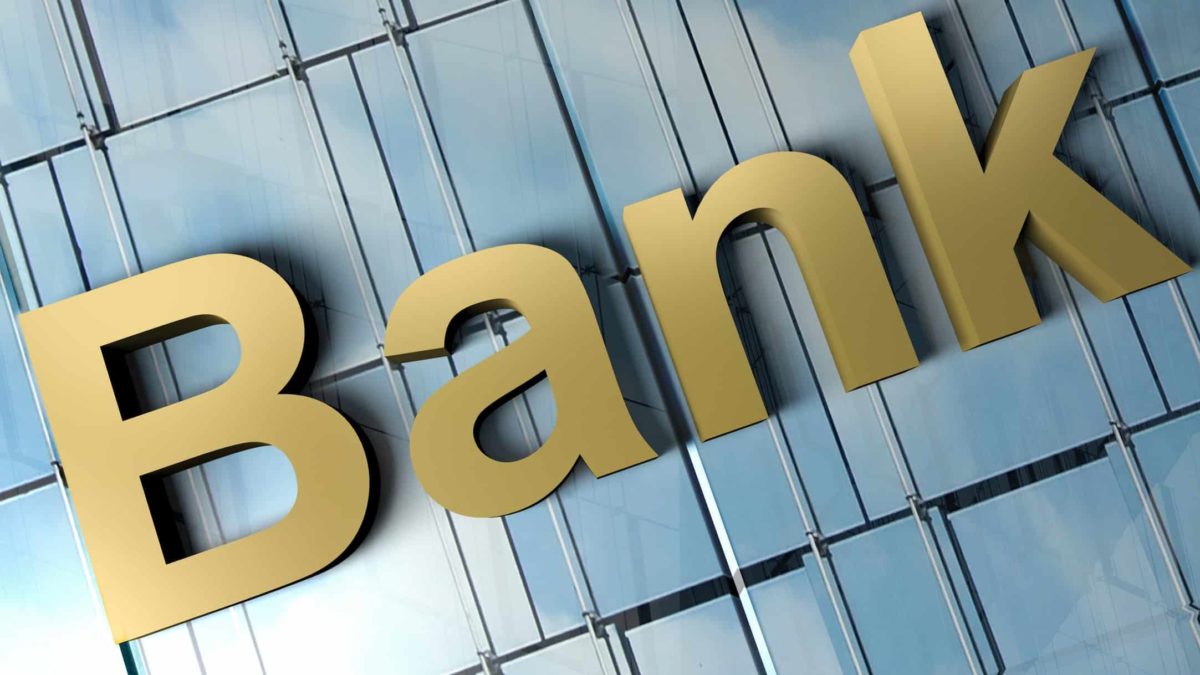The Commonwealth Bank of Australia (ASX: CBA) share price has gone up quite a bit in 2021 so far.
Since the start of the year, the big four ASX bank has seen its share price go 26% higher.
That compares favourably to the S&P/ASX 200 Index (ASX: XJO) which has only risen by 10% from the start of the year.
CBA share price recovers
Just before the COVID-19 crash near the start of 2020, CBA shares were just above $90. It wasn't until May 2021 that the bank finally surpassed that previous valuation level.
Investors often like to value a business on where they believe a business' profit or growth is going. Brokers and analysts had been expecting that the FY21 result would show a substantial improvement from the FY20 result. This turned out to be the case.
The headline net cash net profit after tax (NPAT) rose by 19.8% to $8.65 billion. Statutory net profit grew 19.7% to $8.84 billion. In summary, CBA said that net profit increased because of improved economic conditions and outlook resulting in a lower loan impairment expense and a strong operational performance.
That loan impairment expense was $554 million, which was a 78% reduction on FY20. The bank noted that it has maintained a strong provision coverage ratio of 1.63%, reflecting the economic uncertainty from the continuing impacts of COVID-19.
However, profitability of its loan book edged lower with the net interest margin (NIM) dropping by 4 basis points because of higher liquid assets and the ongoing impact of a low interest rate environment, partly offset by management actions, lower wholesale funding costs and a "favourable" funding mix.
The bank continues to grow its core businesses at a relatively fast rate. In FY21, business lending increased $11 billion, more than three times faster than the system. Home lending and household deposits both increased by $31 billion, which was 1.2 times the system.
Balance sheet, dividends and the share buyback
Another factor that can impact the CBA share price is how much capital it has and what it does with it.
The big four ASX bank said that at the end of FY21, its common equity tier 1 (CET1) capital ratio was 13.1%, an increase of 150 basis points on FY20. This was above APRA's 'unquestionably strong' benchmark of 10.5%.
Commonwealth Bank said that its strong capital position and the progress on executing on its strategy means that it is well placed to support customers and manage ongoing uncertainties, while also returning a portion of excess capital to shareholders. It decided to announce a $6 billion off-market share buy-back.
In terms of the dividend, the big bank decided to declare a fully franked dividend of $3.50 per share. That represented a 17% increase on FY20.
Is the CBA share price a buy?
One of the latest brokers to have their say on CBA was Morgan Stanley, which currently has an 'underweight'/sell rating on the bank with a price target of $90. That suggests the broker believes the CBA share price could fall more than 10% over the next year.
One of the reasons for the broker's subdued thoughts on CBA relates to APRA changes which could limit loan growth
Based on the broker's estimates, CBA shares are valued at 21x FY22's estimated earnings with a projected grossed-up dividend yield of 5.4%.









